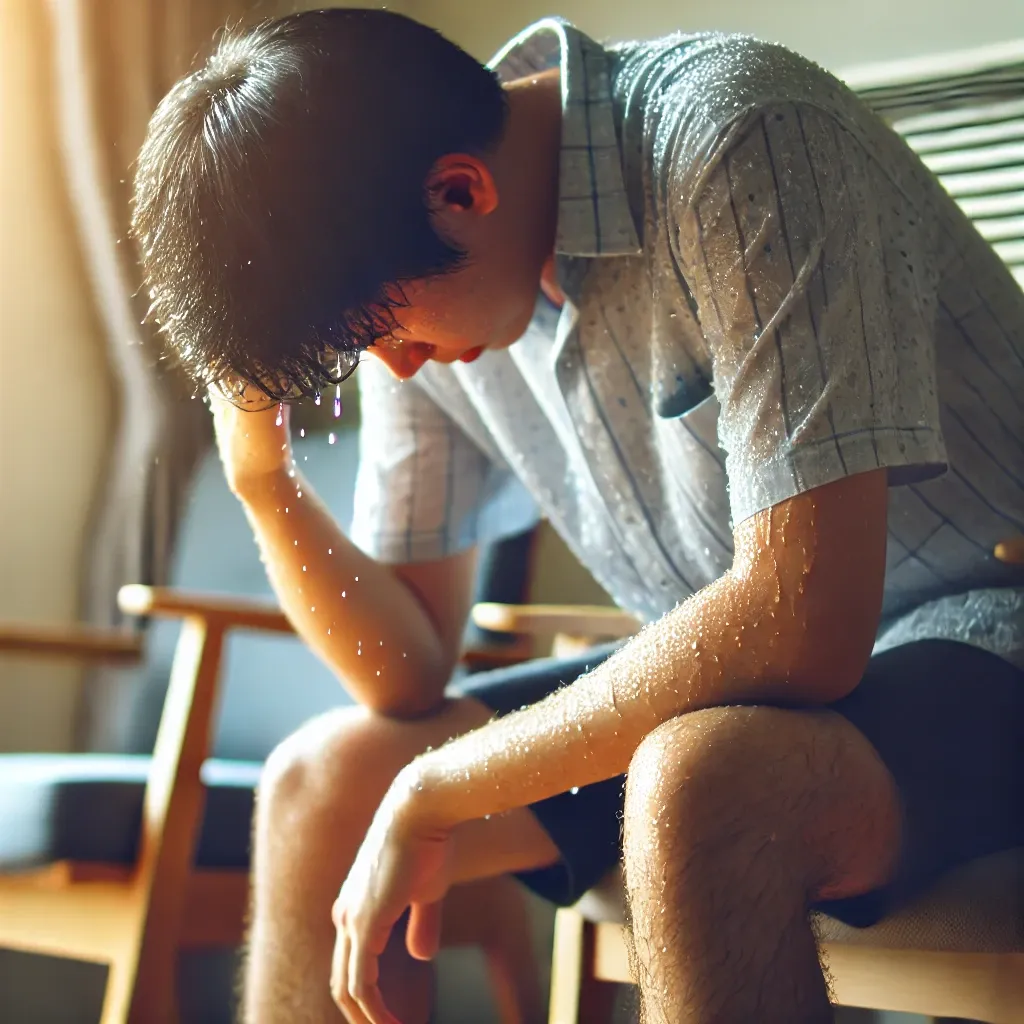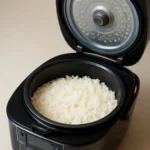Ever wondered why you break into a cold sweat? Is it just a physical reaction or could it be something more? Learn about the causes of cold sweat, how it affects the body, and what you can do to alleviate the discomfort.
Cold sweat is an uncomfortable experience that most of us have faced at some point, often leaving us feeling anxious and unsettled. Whether it’s triggered by stress, physical exertion, or an underlying health condition, understanding what causes cold sweat and how to manage it can be invaluable in improving our daily comfort. In this article, we will explore the reasons behind cold sweat, its relation to headaches and dizziness, and effective methods to prevent and treat it.
The Many Faces of Cold Sweat
What is Cold Sweat?
Cold sweat, also known as “diaphoresis,” is a condition where the body produces perspiration without the usual increase in temperature. Unlike normal sweating, which is a response to heat or physical exertion, cold sweat can occur without any physical exertion, making it a unique and often distressing experience. It’s typically associated with feelings of discomfort or anxiety, but it can also be a sign of a more serious underlying health issue.
Causes of Cold Sweat
There are several potential causes of cold sweat, including:
-
Stress and Anxiety The body’s fight-or-flight response can lead to cold sweat when you’re under pressure or anxious.
-
Pain Intense pain, such as from an injury or illness, can cause cold sweat as part of the body’s stress response.
-
Infections Some infections can cause fever and chills, leading to the production of cold sweat.
-
Hypoglycemia Low blood sugar can trigger cold sweat, along with other symptoms like dizziness and weakness.
-
Heart Conditions Conditions like a heart attack can present with cold sweat as one of the early warning signs.
-
Menopause Hormonal changes during menopause can lead to sweating without heat, often linked with hot flashes.
Cold sweat is typically an automatic, involuntary response, so understanding its triggers is key to managing it effectively. Have you experienced cold sweat without any obvious reason for overheating?
Click here to learn more about cold sweat causes
Cold Sweat Headaches and Dizziness
How Cold Sweat Relates to Headaches and Dizziness
Cold sweat often appears alongside other symptoms such as headaches or dizziness. In fact, the two conditions can be deeply interconnected. For instance, experiencing a headache due to a migraine or stress could trigger the release of cold sweat, as your body reacts to the pain. Similarly, dizziness and vertigo can be related to a sudden drop in blood pressure, leading to cold sweat as a bodily defense mechanism.
When Cold Sweat Becomes a Warning Sign
In some cases, cold sweat accompanied by headaches and dizziness can be indicative of a more serious health condition. For example, a stroke or heart attack may start with symptoms such as sudden cold sweating, nausea, and dizziness. It’s crucial to seek medical attention immediately if these symptoms occur together.
Managing Cold Sweat with Headaches and Dizziness
Here are some steps you can take to alleviate discomfort if you’re experiencing cold sweat along with headaches or dizziness:
-
Stay Hydrated Dehydration can worsen cold sweat, so drinking water can help restore balance.
-
Take Deep Breaths Practicing relaxation techniques can help reduce anxiety and calm the nervous system.
-
Find a Cool Place Getting away from heat and taking in some fresh air can help regulate body temperature.
-
Eat Something If low blood sugar is causing the symptoms, a quick snack may help.
-
Rest Resting in a quiet, dark room can help manage headaches and dizziness, allowing your body to recover.
To manage this condition effectively, understanding when it’s a simple response to stress and when it’s a sign of something more serious is key.
Click here to learn about cold sweat-related headaches
Cold Sweat and Temperature Regulation
The Role of Air Conditioners and Showers
Interestingly, cold sweat doesn’t always occur because of heat. Sometimes, a cold sweat can be triggered by the body’s attempts to regulate its internal temperature. This can happen when there’s a sudden change in temperature, such as stepping from a hot environment into an air-conditioned space or a cold shower. When the body struggles to adjust to temperature fluctuations, it can lead to cold sweat as the body compensates for the sudden shock.
Why Air Conditioners Can Cause Cold Sweat
Air conditioners, while meant to cool the environment, can sometimes create conditions that cause cold sweating. If the air conditioner is set to an excessively low temperature or if there’s a draft in the room, the body may react by producing cold sweat. It’s the body’s way of trying to balance the temperature discrepancy, which can sometimes result in discomfort.
Solutions to Prevent Cold Sweat from Air Conditioners or Showers
To prevent cold sweat in such scenarios, here are some tips:
-
Adjust Air Conditioner Temperature Keeping the air conditioner at a moderate setting (around 72°F or 22°C) can help prevent sudden temperature changes.
-
Wear Comfortable Clothing Avoid wearing too many layers or clothing that doesn’t allow your skin to breathe, as it can contribute to discomfort.
-
Take Lukewarm Showers Instead of cold showers, opt for lukewarm water to avoid triggering the body’s cold sweat response.
-
Gradual Temperature Adjustment If transitioning from a hot environment to a cooler one, do so gradually to allow your body to acclimate.
By managing these temperature fluctuations, you can help prevent the onset of cold sweat caused by sudden changes in your environment.
Click here for more cold sweat prevention tips
Conclusion
Cold sweat is more than just a physical reaction; it’s a signal from your body that something might be amiss. Whether it’s stress, a medical condition, or environmental factors, understanding the reasons behind cold sweat can empower you to take control. If you’re experiencing cold sweat with symptoms like headaches or dizziness, don’t hesitate to seek professional help. Managing your environment, staying hydrated, and understanding your body’s responses can make a significant difference in preventing and treating cold sweat.
As the famous quote by the Greek physician Hippocrates says, “Cure sometimes, treat often, comfort always.” By staying aware of your body’s signals, you can ensure that cold sweat doesn’t become a recurring issue in your life.






